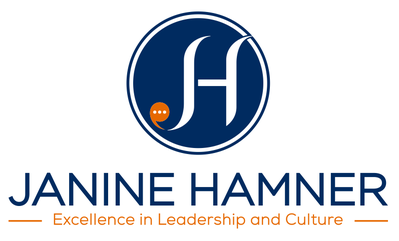Soft Skills? Seriously?
Seriously. That’s what we used to call them. Critical thinking. Communication. Leadership. Conflict resolution. Listening. Persuasive writing. Teamwork. Problem solving? What’s soft about these skills?
These things are the most challenging issues that most organizations face. They already know how to make the widgets, get the products from point A to point B, install/fix/operate the technology, design the things…
No, what we all struggle with is the interpersonal and strategic issues that arise.
Donald and Mary are having conflict. Martin’s team isn’t working as productively as they used to. Your company is having a big problem attracting and retaining the right people. Our customers aren’t as loyal as they used to be. We can’t find the right way to enter into a new market.
This is where we are the most challenged.
There’s nothing soft about the skills needed to navigate these waters.
Some people are moving to call these “real skills,” “power skills,” “core skills” or “essential skills.” Sounds like good ideas.
In the workplaces of today and tomorrow, these skills are taking on an increasing level of importance as AI and other technologies continue to transform how we work. How we build and create culture will be more important than it’s ever been.

And here’s the rub. In today’s fast-paced world where the most common response to, “How are you?” is “Busy!” and sometimes, “Busy! Good. And busy!”, these skills are rarely taught. According to recent West Monroe Partners research, 67% of hiring directors withheld job offers from talented IT candidates due to a lack of soft skills. According to Bishop Placement Services, only 15% of workplace success comes from technical skills necessary for your specific job; 85% comes from soft skills!
So we’re too busy to get people the training that they need to be successful in today’s world.
Seriously?
The good news is that these skills can be taught. A study from MIT Sloan revealed that training in these skills, even in a factory setting, can improve productivity. A controlled study of five factories in Bangalore demonstrated that training in communication, decision making and problem solving yielded a 250% ROI in just eight months!
Mark Cuban, a man not known for his softness, made a prediction: in 10 years, “a liberal arts degree in philosophy will be worth more than a traditional programming degree.” Why? AI and automation will transform the workplace to such an extent that degrees that teach people how to think, see the big picture, and be collaborative will become more valuable.
These are the skills that are essential to employee’s career longevity and to company profits. Let’s make the time, devote the resources, and ensure that we and our people have what we need to thrive.
Seriously.






